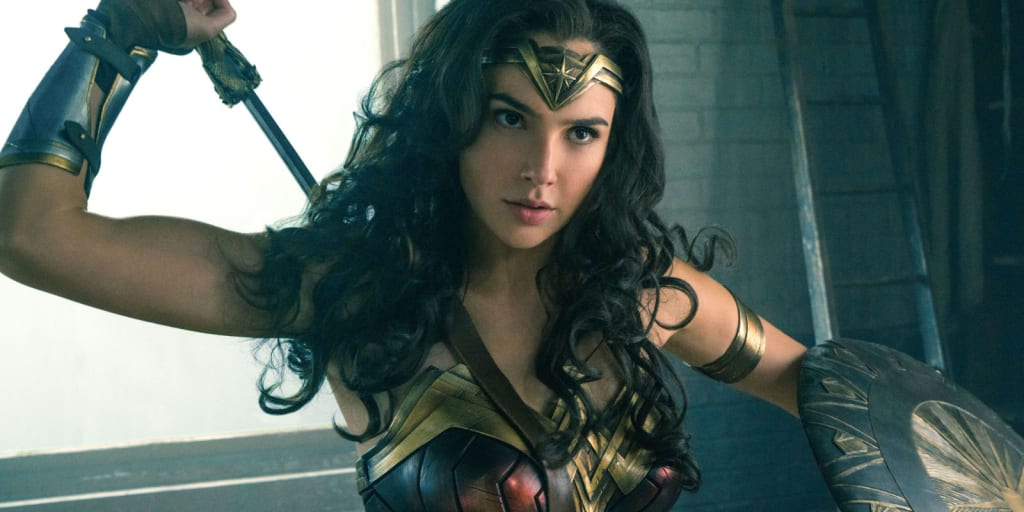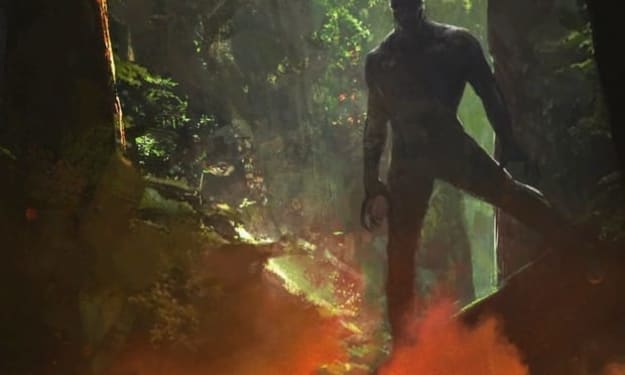
The undoubted superhero star of 2017, Patty Jenkins's Wonder Woman took the world by storm. The film shattered the glass ceiling for female superheroes, proving all the Hollywood naysayers wrong when it grossed a phenomenal $818.9 million in the global box office. DC fans were delighted, pointing to Wonder Woman as the first major success in the DC Extended Universe.
However, Wonder Woman also surprised fans by avoiding a popular superhero trope that we've become used to seeing since 2008's Iron Man. That's right; Wonder Woman didn't include a post-credits scene at the end. As a result, the movie feels far more of a 'standalone' instalment than part of a joined-up universe. In light of the imminent DVD/Blu-Ray release, director Patty Jenkins has finally revealed why that's the case...
Patty Jenkins Has An Intriguing Reason
Speaking to the Toronto Sun, Jenkins explained that:
"I’m not always a believer in post-credit scenes. I feel like they make sense if the films are extremely similar. I think if you know the next movie is going to be set in the same world or have the exact same tone, then I think it makes sense. To me, it does not make sense to have a commercial for a completely different style of movie in the credits of another movie.... Also, the end of the movie was the end. It wasn't, 'Tune in later for more.'"
In other words, Jenkins went into Wonder Woman knowing full well that she was working on a movie with a very different tone and style to anything we've seen before in the DCEU. Where previous chapters in the #DCEU had been somber and atmospheric, Wonder Woman is joyous and optimistic. The film ends with an uplifting message of hope, as Gal Gadot's Wonder Woman triumphs in what was essentially a philosophical battle over human nature. Its upbeat approach clearly resonated with both fans and critics in a way that other chapters of the DCEU hadn't.
Most fans view mid and post-credit scenes as essentially a trailer for the next movie. That's why, for example, Taiki Waititi directed the mid-credits scene for Doctor Strange, setting up his own Thor: Ragnarok. But where the Marvel Cinematic Universe can take that approach, with most movies embracing a fairly similar style, the DCEU seems willing to be a bit more experimental. That means post-credit scenes linking the movies together won't always work.
A Promising Sign For The DCEU
It may seem like a subtle point, but it's an important one. Jenkins's comment suggests that, going forward, Warner Bros. is trying to avoid developing a 'house style' of superhero film. Instead, they encourage directors to simply make their own vision of the characters and concepts.
It's an observation that fits perfectly with recent comments from Chris McKay, director of the up-and-coming Nightwing. He described Warner Bros. as "a more director-driven studio... more than any other studio you're ever going to work at." On the one hand, this approach means that some films might fail to perform as controversial directors such as Zack Snyder will be given a great deal of freedom. On the other, though, it means directors like Patty Jenkins will be able to tell the story they want to tell, unrestricted by the shared universe.
Importantly, though, this also suggests that we shouldn't expect Warner Bros. to have a fixed, long-term game-plan. In 2014, Marvel announced their plans right the way through to 2019's Avengers 4. In fact, James Gunn recently talked about setting up the next 20 or 30 years' worth of cosmic Marvel movies. But no DC producers are looking that far ahead; they're simply talking with directors about what films they want to make right now, and then giving them a chance if they feel the idea could succeed.
And what does this mean for continuity shared between the movies? Just as we saw with Wonder Woman, the majority of DC movies will be expected to stand on their own two feet. DC Entertainment President Diane Nelson explained to Vulture:
“Our intention, certainly, moving forward is using the continuity to help make sure nothing is diverging in a way that doesn’t make sense, but there’s no insistence upon an overall story line or interconnectivity in that universe."
While the characters will live in a shared universe, you won't be expected to have seen Wonder Woman in order to understand Aquaman, and his film won't be joined up to The Batman. This will be a looser, less-connected cinematic world than Marvel's, allowing each director as much freedom as possible. It also hopefully protects the wider DCEU from any films that aren't well-received; Warner Bros. just moves on, and forgets that one.
So now we know why Wonder Woman didn't have a post-credits scene, and it's actually an important point about the nature of #DC's Extended Universe. This is a more varied, director-driven project than the shared superhero universes we've become used to since 2008. That no doubt explains the stumbles along the way, but in the future, this may also help unlock the potential of even more hits like Wonder Woman.
[Source: Metro, The Hollywood Reporter, Toronto Sun, Vulture]
About the Creator
Tom Bacon
A prolific writer and film fan, Tom has a deep love of the superhero genre.






Comments
There are no comments for this story
Be the first to respond and start the conversation.